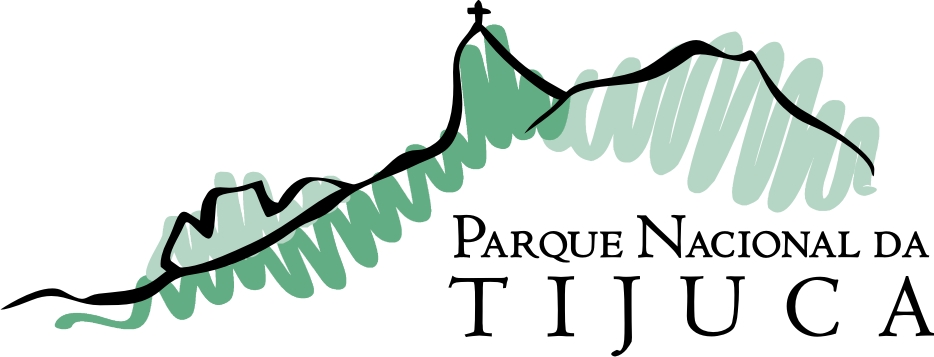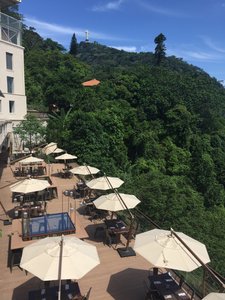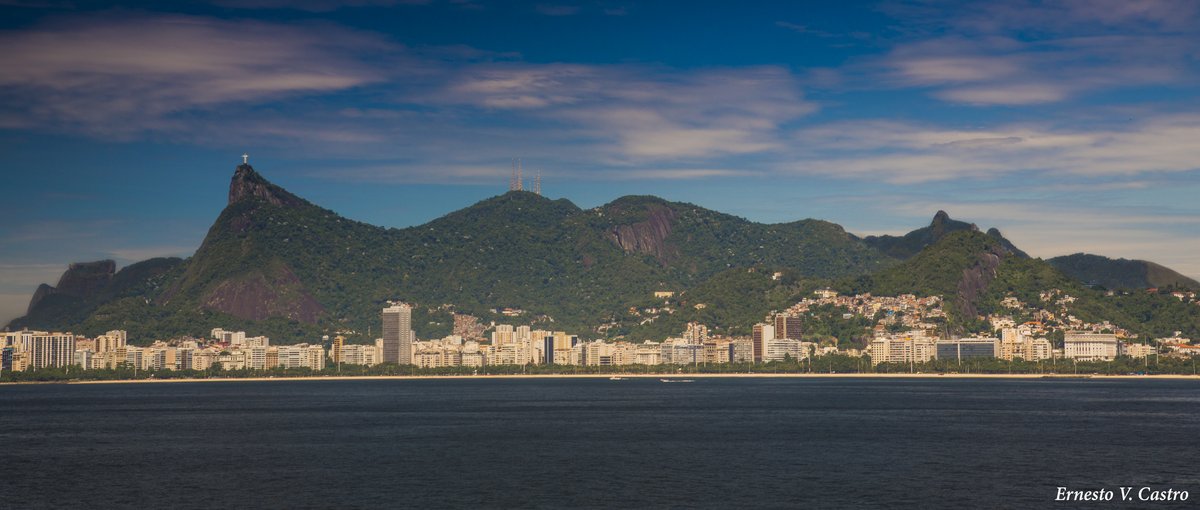The venue of the Conference will be near the famous Corcovado statue, embedded in the Tijuca Forest National Park, home to several palm species and with spectacular views of the city. Besides the three-day conference, we will offer courses and field trips before and after the meeting. We are looking forward to provide more detailed information on our plenary speakers, scientific program, pre-conference courses and post-conference field trips.


Brazil is the largest country in South America and the world’s fifth-largest country, with a population of more than 209 million people. Brazil holds an incredible diversity of palms, estimated on more than 300 species distributed all over the country.
Language: Portuguese
Currency: Real (R$, BRL). Average exchange rate (on 27th August 2019) of the U.S. dollar is 1US$ to 4.14R$, the Euro is 1EUR to 4.59R$ and the British Pound is 1GBP to 5.09R$. Update exchange rates for all currencies can be found here.

The city of Rio de Janeiro is located in southeastern Brazil and is the second largest metropolitan area of the country. With part of the city designated by UNESCO as a World Heritage Site, Rio de Janeiro is famous for its exquisite landscape and beaches as well its unique cultural elements, making the city one of the most visited cities in the world. Climate in August is mild, with an averaging temperature ranging from 18°-28°C and mostly sunny.
With a highly-developed tourist infrastructure, the city provides a wide range of options for accommodation and easy transportation to most of the city and attractions. We will also offer transportation from the neighbourhoods of Largo do Machado and Copacabana to the conference venue.
>> As any big metropolis, Rio de Janeiro has its security issues and it is better to err on the side of caution to minimize risks of inconvenience. Some areas should be avoided by visitors – especially if you are alone and/or during the night – in order to ensure a safer visit to the city. Nevertheless, the city is filled with interesting natural and cultural tourist-friendly attractions which are easily accessed by visitors, and most of the accommodation infrastructure is located in the safer areas of the city. If you are not sure whether an area, neighborhood or any specific location is safe for you to visit, you can ask the staff of the hotel hosting you for more information or safety tips that will help you to feel more at ease around the city.
>> We suggest visitors to take general precautions that one would employ in any big metropolis or city in a developing country, such as avoiding walking alone in less busy areas of the city or during the night – including parks, squares and beaches; do not leave your belongings unattended, and make use of lockers in hotels or hostels to keep your important belongings and travel documents safe during your visit; only book tours or tickets in accredited tourism agencies (you can find a list here); bring a friend when visiting a place you have not been before and make sure you are in a safe environment and talking only to people you trust; make use of transport apps (such as Uber or 99taxi) or registered yellow taxis (JB Táxi), or plan your displacements by public transportation beforehand (this will be helpful); if you are lost or need information or help with directions, ask someone working in a trusted establishment such as restaurants, bookshops, or tourism offices. You will always find friendly and nice people to help you in any situation; just be careful and attentive and you will be fine.
>> Even though the conference will be held during winter, we recommend visitors to always use sunscreen while outdoors to avoid sun burns, since temperature can reach more than 30°C all year long.
>> Make sure to drink enough water, especially in warm days; since our tap water is not drinkable, we suggest you to buy mineral water or drink filtered tap water.
>> Make sure you are up-to-date on routine vaccines before visiting Brazil, besides using insect repellents to avoid mosquito bites.
>> Eat and drink safely.
There is an incredible number of things to do and places to visit in Rio, including parks, beaches, museums and cultural spots. Here you can find an official list with some excellent suggestions of activities and places to visit while in Rio. We hope you will have some extra days to go around the city before and/or after the conference!
Some of the highlights of the city include:
If you plan to conduct any kind of field work, make sure you ask for a field work permit beforehand. In this case, we suggest you to contact a colleague working in a Brazilian University or Research Institute to guide/help you.